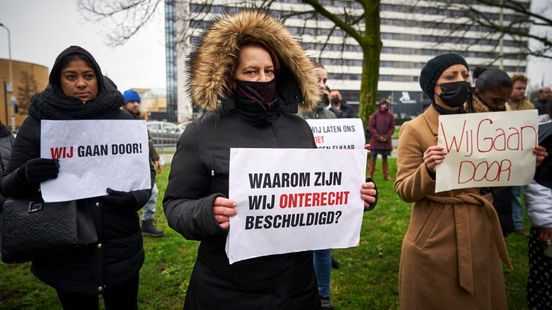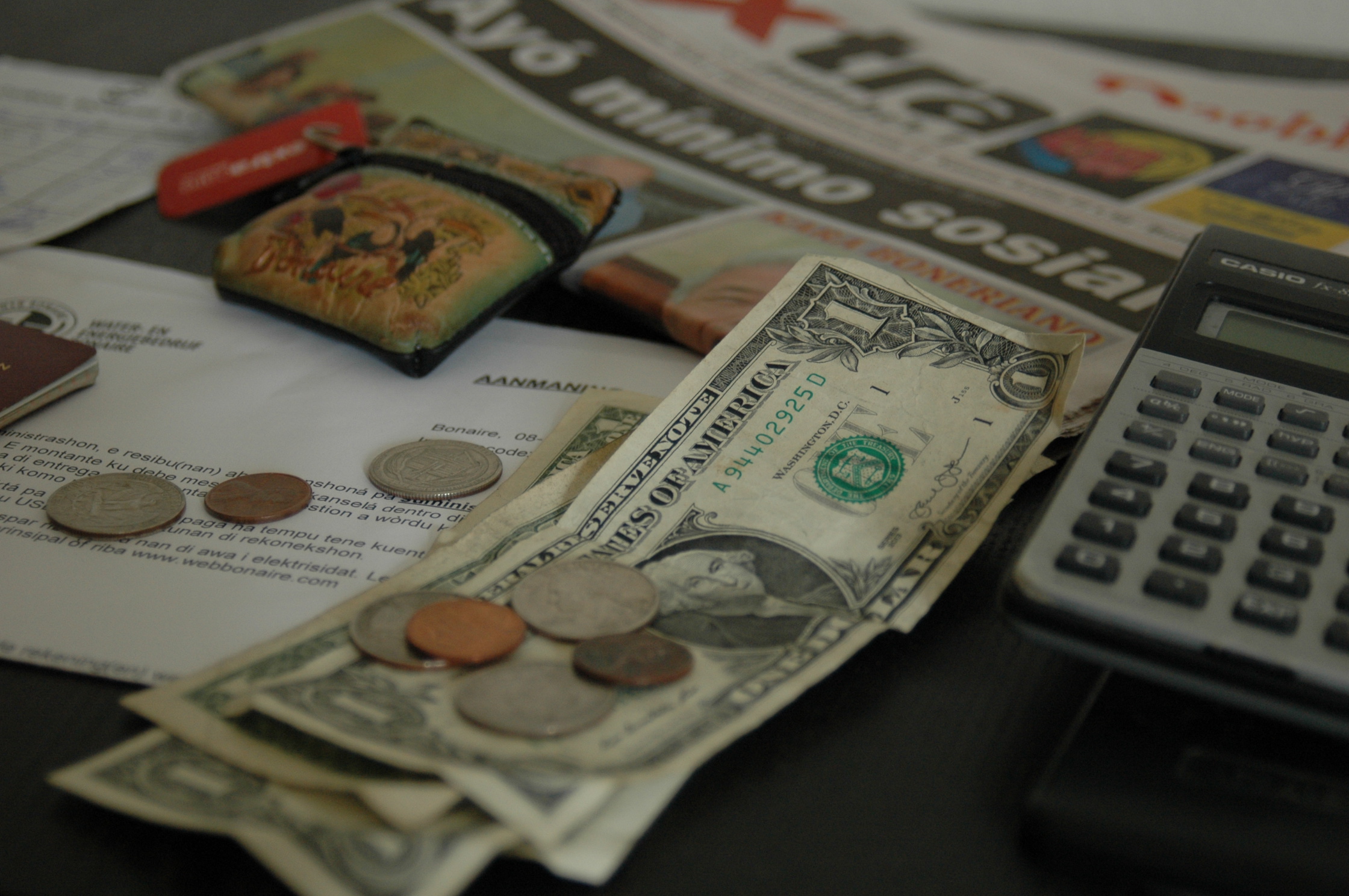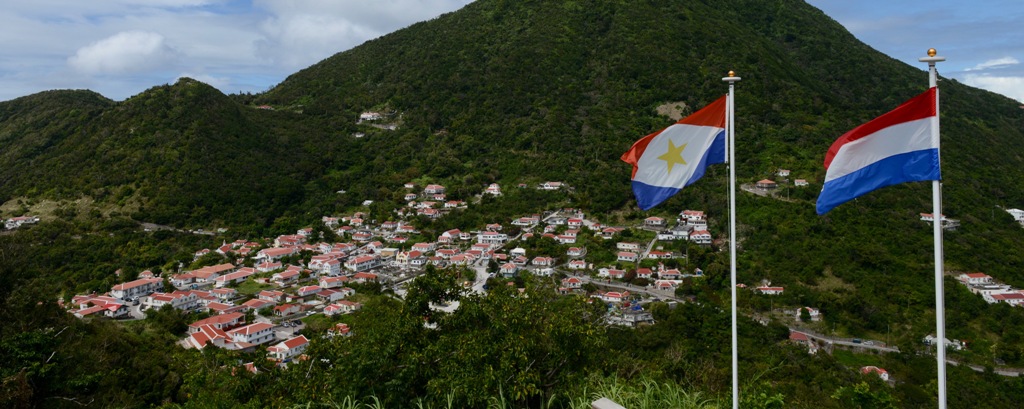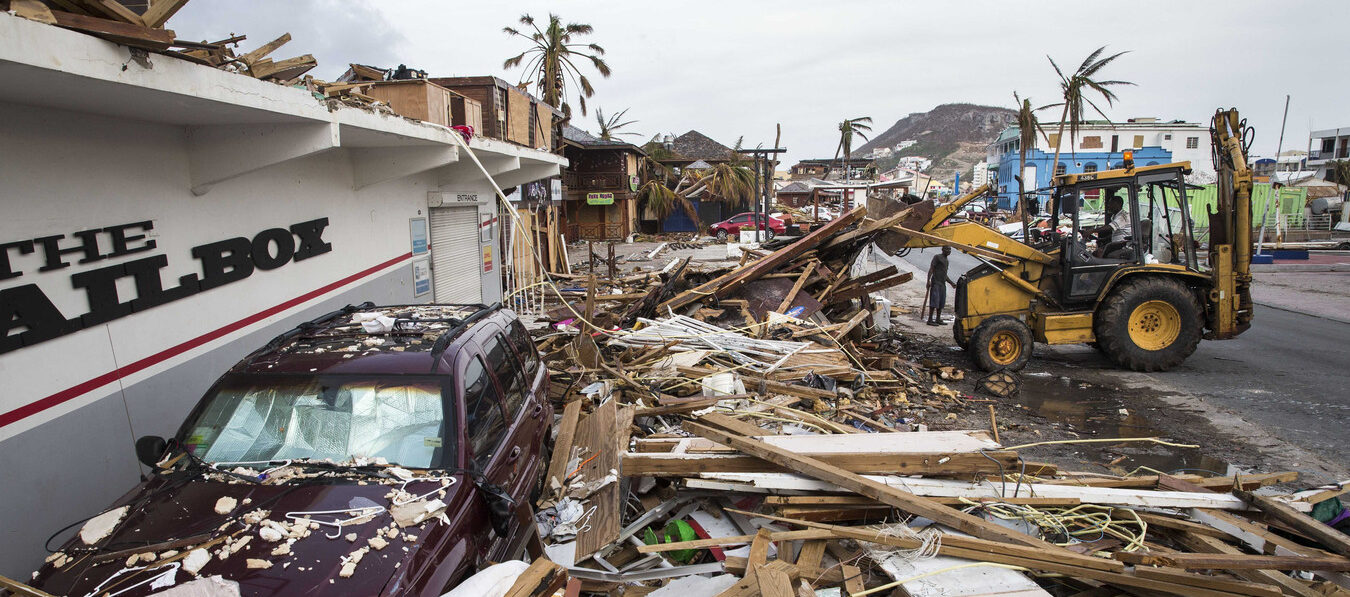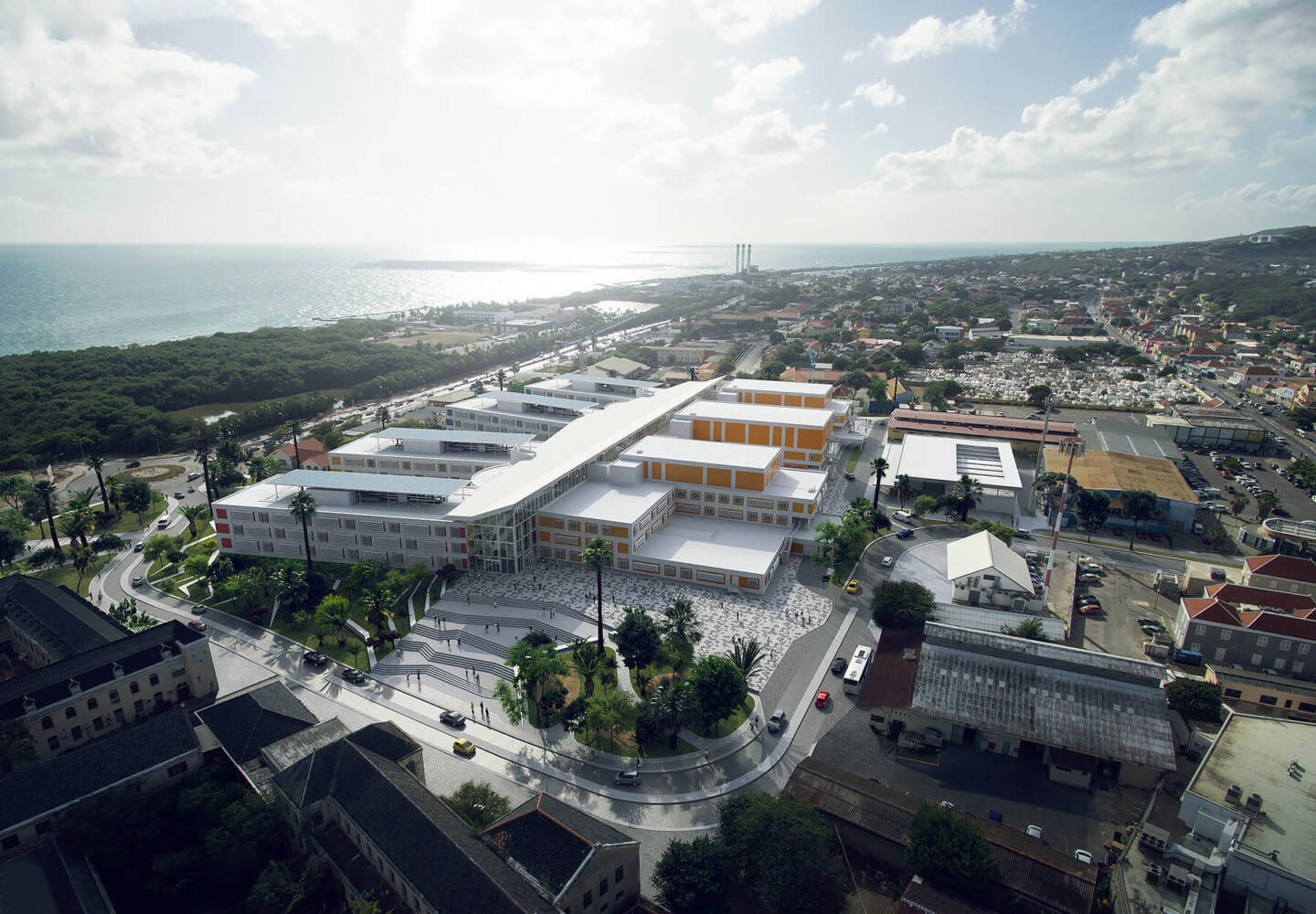Affected benefit parents on the Caribbean islands do not feel helped in their recovery. Parents drop out and it also discourages other parents who have not yet officially registered as victims. And in the meantime, the deadline for applying for recovery is rapidly approaching: December 31.
Parents can still register with the Recovery Benefits Implementation Organization (UHT) until the end of this year. A special Support Team for Parents Abroad (OTB) helps Caribbean parents after registration and provides support in the recovery scheme.
The OTB previously tried to reach benefit parents in Aruba, Curaçao, and Sint Maarten because the number is not yet fully known. The affected Curaçao mother, Edbraynie Fox, thinks that most Caribbean mothers who, like her, studied and worked in the Netherlands during the period of the benefits scandal, are also affected but probably do not know that they belong to this group.
Fox fled to Curaçao with a debt of 190,000 euros. “I spent 16 years thinking that it was my fault, that that would be my legacy to my children.”
No customization
Earlier this month, the Taxes, Allowances and Customs Inspectorate (IBTD) stated that the current damage approach does not meet the ‘justified expectations’ of seriously affected parents. Zunira de Windt, spokesperson for the group of dissatisfied Caribbean parents, also feels there is a lack of understanding and tailor-made solutions in the recovery. “I’ve never been asked what I need to get off to a good start.”
For example, De Windt’s car was in the garage for almost a year because the local situation is not taken into account in provisional invoices. Not everything can be found on the island and has to be imported, which costs more. “I have four children who have to go to school, so repairing a car is necessary. I can’t go to work without a car. It felt like my feet were broken, they don’t understand that,” said de Windt.
De Windt fled the Netherlands in 2008 and 2016. Repaying 80,000 euros caused her to lose her house and almost her children.
The current image is that these are lazy ‘Antillean’ mothers who are sitting about, just giving birth to children, but these are mothers who studied and worked, Fox explains. “Every day you want to get up and give your children norms and values, but then you are thwarted.”
More stress
The ‘recovery’ therefore causes more stress than real help, according to these parents. The support on the islands is not equal to the support in the Netherlands. For example, Caribbean parents receive a fixed amount of support for recovery not in euros but in guilders, which is less than their peers in the Netherlands.
In addition, they do not reach an agreement with their case managers, emails are not answered and the handling of complaints is not done swiftly. “You already feel cheated and they just keep screwing you,” said one of the mothers.*
Response from The Hague
Aukje de Vries, outgoing State Secretary for Customs and Allowances, is sorry to hear that parents feel unheard. “It is important that parents feel heard after everything we have done to them from the central government,” De Vries told the Caribbean Network during her visit to the islands last June.
But complaints to the National Ombudsman, conversations with Radar, which leads the project for recovery abroad, the Ministry of Finance and also with the State Secretary last month have not yielded anything so far.
The concerns are not alleviated in this way, says the spokesperson for the Caribbean parents. “Everyone has worked hard to keep their heads above water, now we feel like we still have to fight for solutions. But parents get tired of this and no longer want to fight because they are labeled as whiners.”
*Names of the parents are known to the editors.




